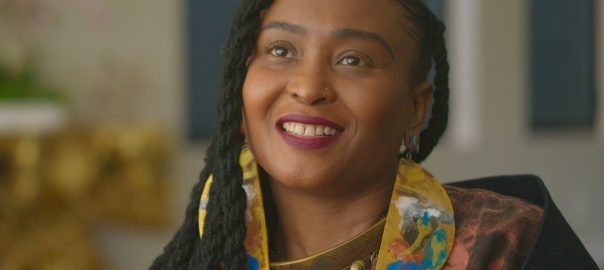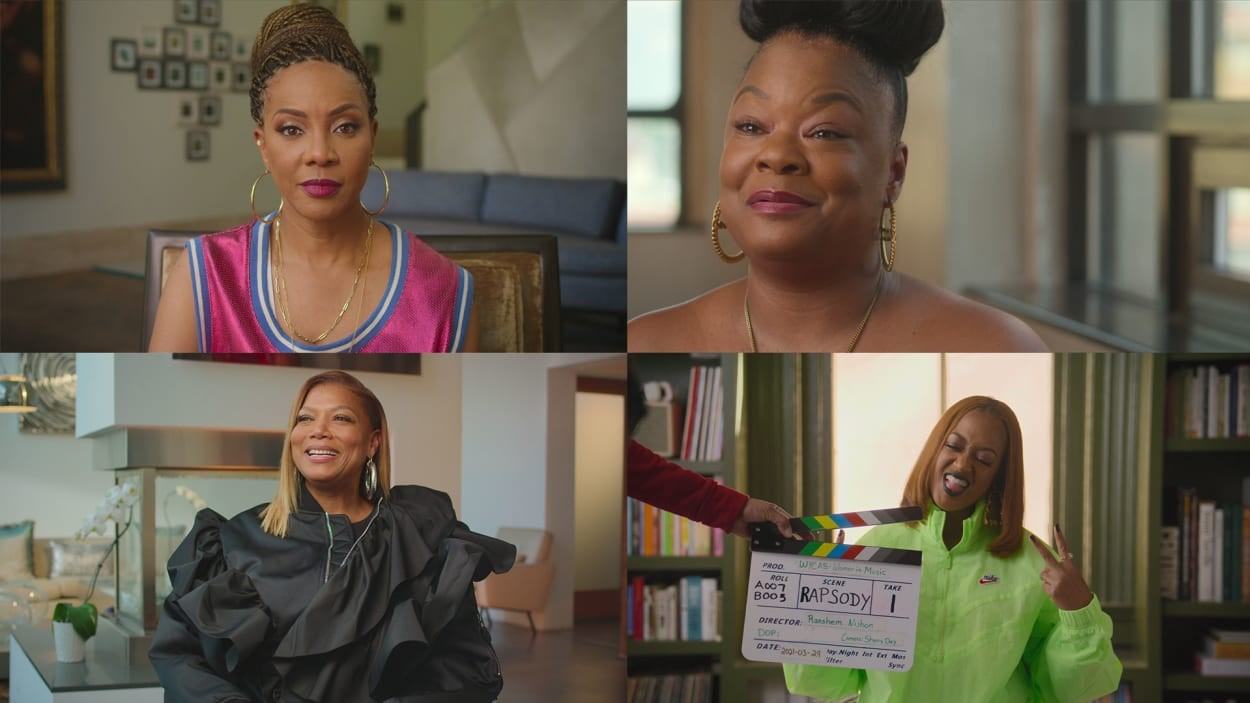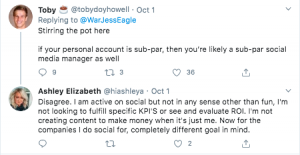By Yannise Jean
It’s been a year-long celebration of hip-hop’s 50th anniversary with the spotlight on the art form’s undeniable impact on music and culture. And a notable cap to the year was Grammy-winning recording artist and producer Missy Elliott becoming the first female rapper inducted into the Rock & Roll Hall of Fame in November.
It’s wild to think in 2023 Elliott is breaking ground in this regard. But it only illustrates how long it’s taken not only for hip-hop’s influence across genres to be recognized, but for women in the space to be acknowledged as well.
Netflix’s docuseries Ladies First: A Story of Women in Hip-Hop, which dropped back in August, pays tribute to women in hip-hop past and present who, like Elliott, have been instrumental in curating the hip-hop industry as it stands now.
Produced by Culture House, a production company focused on the intersection of politics and pop culture, Ladies First spotlights some of the most influential women in hip-hop including Queen Latifah, MC Lyte, Sha-Rock, Roxanne Shante, and Rapsody who share their stories of coming up in the industry and the issues they faced therein.
“I have this very loose working theory that you can map various eras of women in hip-hop alongside waves of feminism,” says Carri Twigg, founding partner of Culture House. “That got us started into a discussion just about the ways that women in hip-hop really mirror and reflect back to us what’s going on in the broader structures in the country.”
One example: Sexism in the workplace.
TV personality and rapper Dee Barnes hosted the hip-hop talk show Pump It Up! in the early 90s. But, as she alleges in Ladies First, she was blacklisted in the industry after being physically assaulted by rapper and producer Dr. Dre at a club for running an interview clip he didn’t agree with. Music producer Drew Dixon outlined her experiences as often being the only woman in the room which she feels led to the erasure of her contributions to hip-hop. In a separate documentary, Max’s On the Record, Dixon and several other women also alleged a history of sexual abuse at the hands of hip-hop mogul Russell Simmons.
“What we tried to really do [in Ladies First] was to give a lot of these women the space to tell their own story and experiences from their point of view,” says Raeshem Nijhon, founder and executive producer of Culture House. “It really feels like we scratched the surface of the stories and the experiences that are out there. And the more that we talk about it, the more we can take that misogyny and violence head on.”
Helping empower women in the music industry is exactly what prompted Heather Lowery to create her music and entertainment company Femme It Forward, a joint venture with Live Nation Entertainment.
“Women face a lot of barriers across all industries, hip-hop is no different. It continues to be a male-dominated space with very little room for error,” says Lowery, president and CEO of Femme It Forward. “I can only really speak on behalf of myself and say that some of my greatest challenges, especially when I started my career, were mostly tied to the false belief system that a Black woman is not capable of running her own business.”
According to the Harvard Business Review, Black women are the leading group of entrepreneurs in the U.S. at 17% compared with white women (10%) and white men (15%). Yet, only 3% of Black women are running mature businesses. Sadly enough, that figure is reflected among Black women music executives who, according to a 2021 report from USC Annenberg, account for less than 3% of the industry.
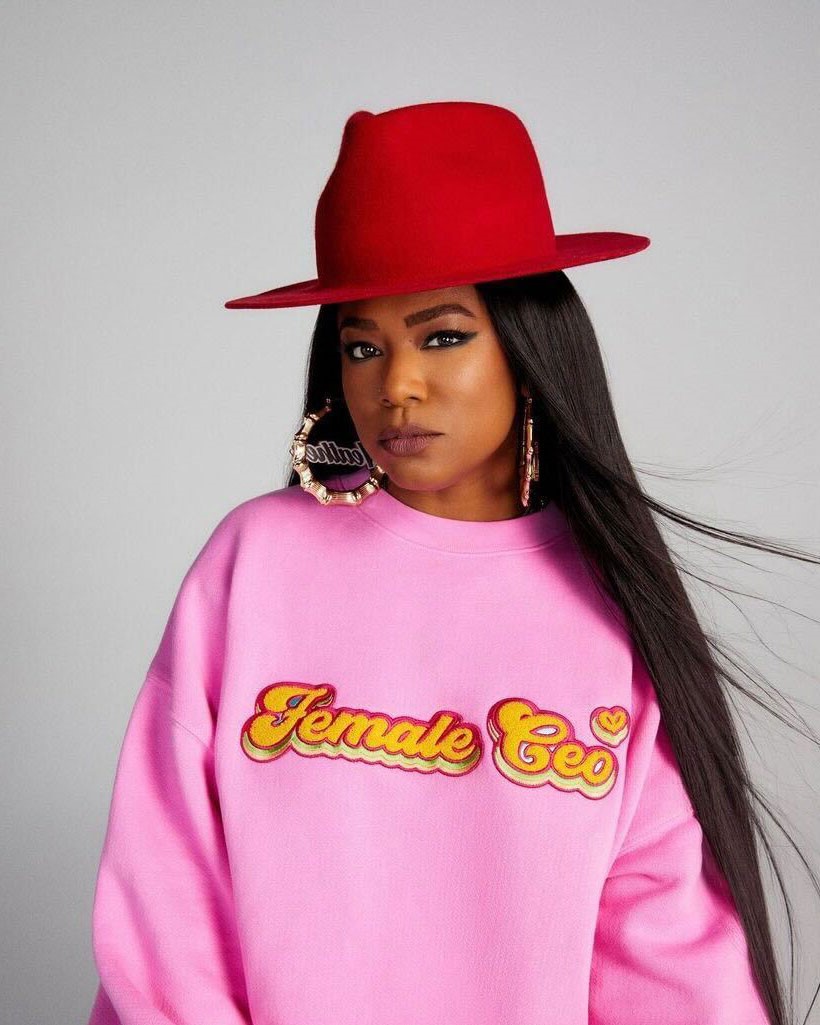
One way Lowery is attacking the problem with Femme It Forward is through mentorship programs. Next Gem Femme aims to increase opportunities for women of color by pairing promising talent with industry titans and entrepreneurs. To date, Next Gem Femme has worked with more than 600 women helping them get jobs, internships, mentors, and more.
“They’re getting lifelong sisterhood,” Lowery says. “I’m building a community to support other women looking to break through.”
Of course it’s more than just breaking through—it’s about getting paid.
According to a study conducted by the Recording Academy, women in the music industry work multiple jobs to make ends meet. More than half (57%) have two or more jobs, while 24% work between 40 and 51 hours each week. On top of that, 36% earn less than $40,000 per year.
In 2022, Michigan Representative Rashida Tlaib and the Union of Musicians and Allied Workers introduced a resolution targeting music streaming services to pay artists direct royalties from streams. And in the wake of the recently resolved SAG-AFTRA and WGA strikes, there’s even more momentum to create fairer standards within the music industry.
Legendary rapper MC Lyte says there are conversations happening behind closed doors, but the nature of the music industry could prove difficult to form a real union or pull other artists into solidarity.
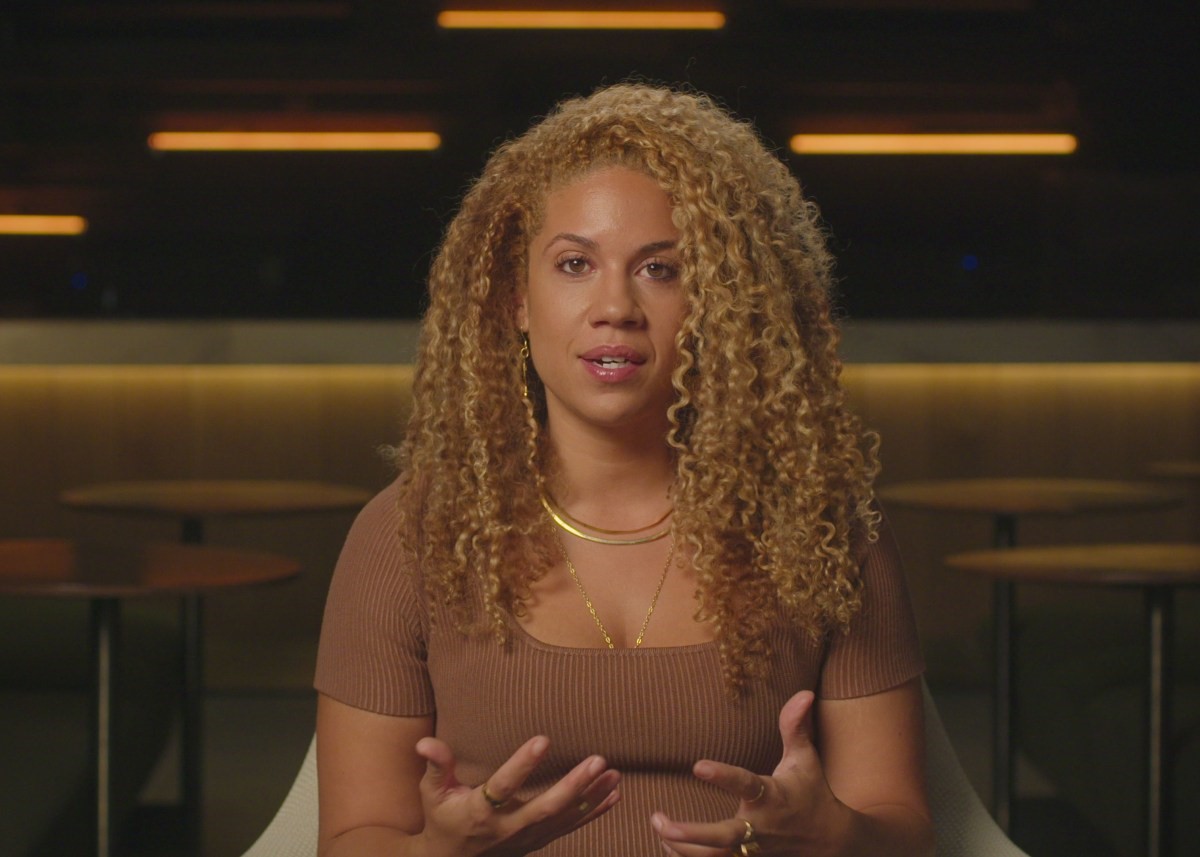
“We are the least protected in this space of entertainment,” Lyte says. “We don’t have insurance. And it’s pretty unfair to have contributed so much to an industry and still not being able to go have your teeth dealt with. We do need to be organized to make the difference that needs to happen.”
A strong union effort could also aid in other pressing issues such as predatory record deals where artists don’t see the majority of their profits.
In Ladies First, many artists expressed how they didn’t understand the details of their own contracts, which we’ve seen play out in public over the years. Pioneering R&B group TLC sold millions of albums worldwide. But after winning their first Grammy in 1996, they announced that they were as “broke as broke could be” and had filed for bankruptcy. More recently, Megan Thee Stallion was embroiled in a public battle with her former label 1501 Certified Entertainment. Accusations of mismanagement and squandered funds led to a lawsuit which resulted in the rapper being released from her contract.
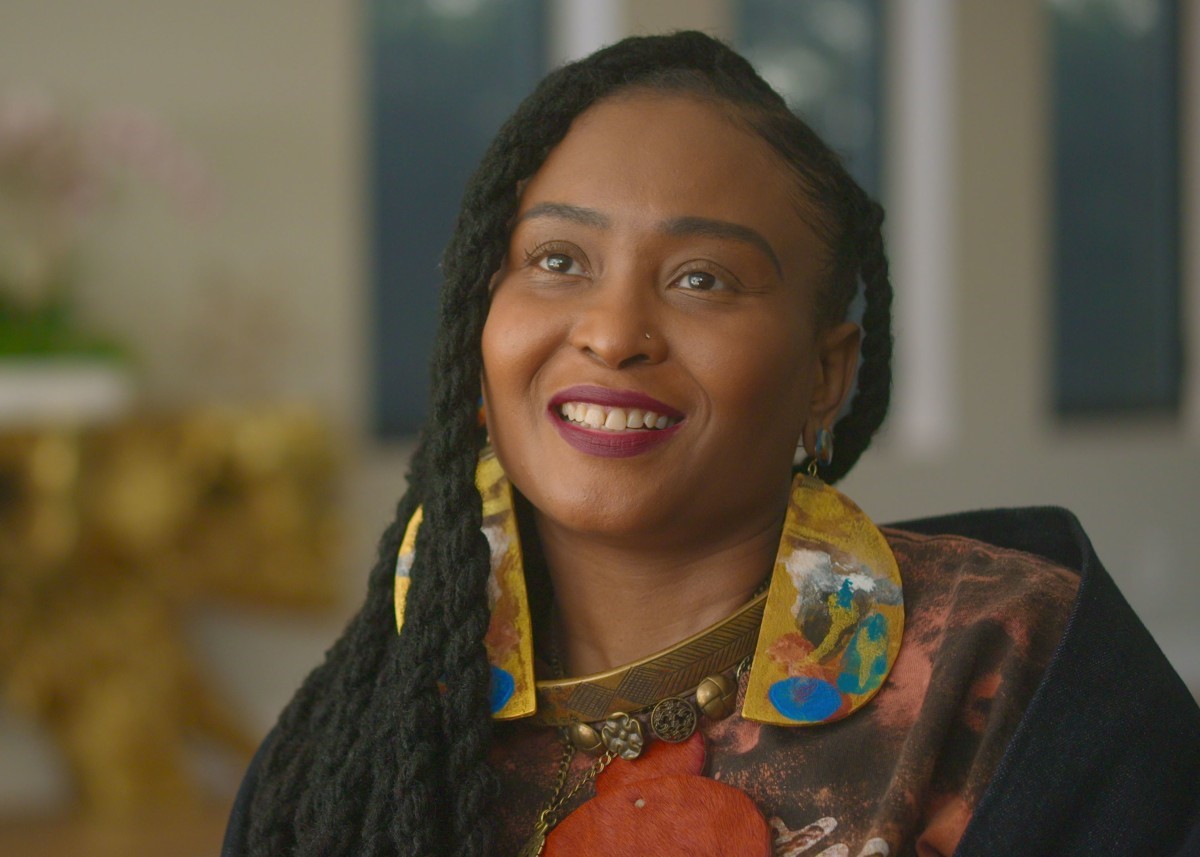
Sure, the landscape of women in hip-hop today is more robust than we’ve seen in years. However, there are a number of issues that have historically plagued artists and continue to do so to this day. And, as Queen Latifah so rightly pointed out in Ladies First, hip-hop needs women across the genre: on the mic, in the boardrooms, behind the mixing boards, and beyond.
“If the woman’s voice is not heard, then yes, hip-hop is dead,” Queen Latifah said. “You need us in hip-hop, you need that beat, you need that rhyme.” Women have contributed more than enough in the past 50 years of hip-hop. They set trends, break barriers, and are always reinventing and redefining what it means to be a rapper. Ladies First is just one of many projects that celebrates Black women as the cultural tastemakers that they are.
“Ladies First was a move in a great direction,” MC Lyte says. “It allows people to peer into the world of what makes a woman want to grab the microphone. I believe hip-hop was truly a blessing from God, for the disenfranchised to take it, mold it, shape it—no one else owns it.”
(4)
